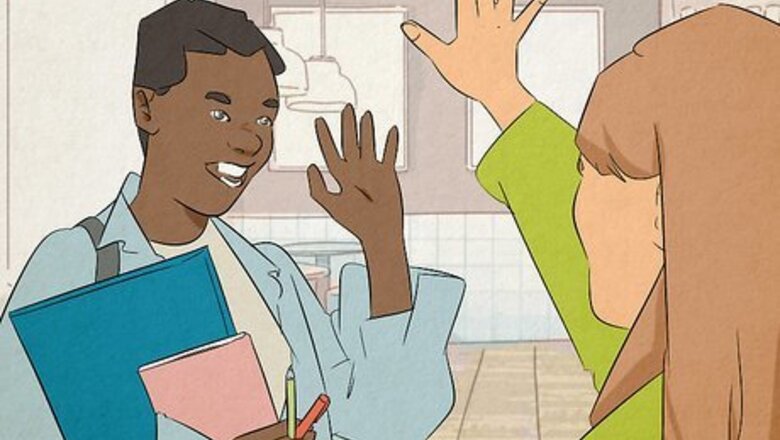
views
- Most people use “Hope your day goes well” as a farewell message—it's a common phrase to wish someone an enjoyable day and politely end a conversation.
- If you're speaking to loved ones, say, “Have a great day” or “Take it easy.” In the workplace, use “I hope you have a good day” to sound sincere and professional.
- To reply, you can say, “Thanks, you too” and ask them a follow up question if you want to keep the conversation going.
What does “Hope your day goes well” mean?
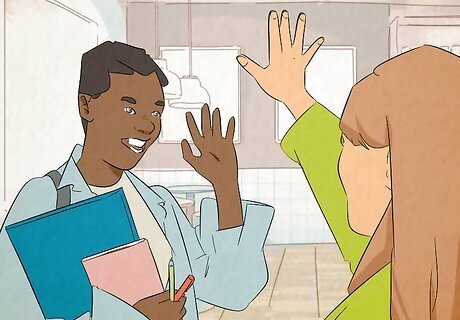
“Hope your day goes well” is used to wish someone an enjoyable day. People typically use this phrase when parting ways with someone. It’s a polite and casual expression that shows you care about the other person’s well-being. If you use this phrase in the workplace, say, “I hope your day goes well” to sound more formal and genuine. You can also say, “I hope your day is going well” to start a conversation on a positive note.
Other Ways to Say “Hope Your Day Goes Well”
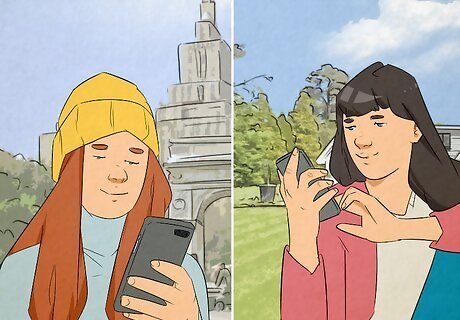
Say, “Have a good day” to express your well wishes. This phrase is interchangeable with “Hope your day goes well.” It’s another farewell greeting that you can use in formal and casual settings. “Have a good day at school!” “Have a good day at work, Ben.” “Thank you sir, I hope you have a good day.”
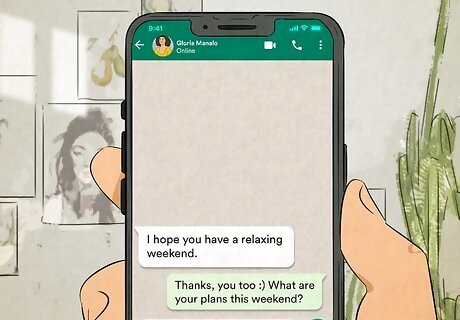
Use “Hope you have a wonderful day” to wish someone well. Instead of saying “Hope your day goes well,” use the phrase “Hope you have a ___ day” a conversation to say goodbye. You can fill in the blank with any positive adjective, or amend the last word to fit your conversation. “Hope you have a fabulous day.” “I hope you have a productive workday.” “I hope you have a relaxing weekend.” “I hope you have a lovely holiday.”
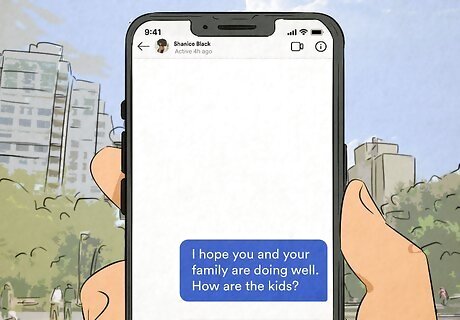
Say, “I hope you’re doing well” to catch up with someone. Open a conversation with this expression to greet people politely. If they’re a close colleague, family member, or friend, you can follow up with a question about their life to sound sincere. “I hope you’re doing well. How is everything?” “Thank you for having me sir. I hope you’re doing well.” “I hope you and your family are doing well. How are the kids?” “I hope all is well. Remind me, when does the project launch again?”
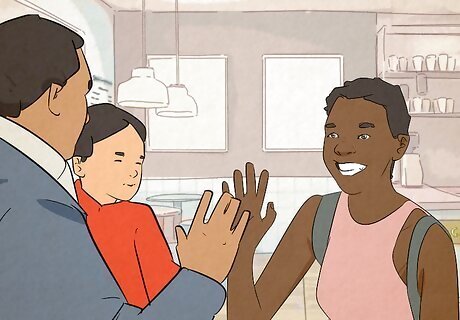
Say, “Take care” to kindly end a conversation. When you’re speaking to a loved one, use this phrase to express your care for them. It’s a more thoughtful way to say “Hope your day goes well” because it implies you want the other person to stay safe and healthy. “I love you sis. Take care.” “It was so great catching up with you. Take care.” “I’ll see you this weekend, but until then, take care.” “Thanks for checking in on me. Take care of yourself, okay?”
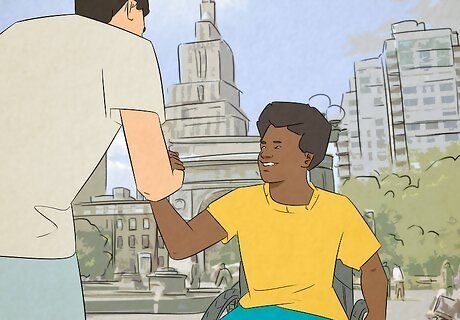
Say, “Take it easy” to your friends and family. If your loved one seems stressed, use this farewell phrase to tell them to remain calm (and avoid overworking). It’s a gentle way to let them know that you care about their well-being, without ending the conversation on a serious note. “Bro, take it easy!” “It was great talking to you. Take it easy.” “Things are going to get better. Just remember to take it easy.” “I’m glad we met up for lunch. Remember to take it easy out there.”
How to Respond
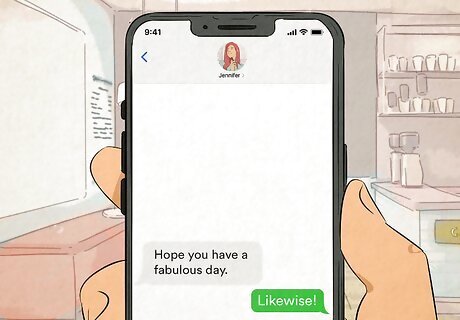
Say, “Thanks, you too” to return their kind words. No matter what your relationship is to the other person, it’s common courtesy to reply with a simple, “Thank you.” You can leave it at that, or ask a follow up question if you want to keep the conversation going. “Thanks, same to you!” “Likewise!” “Thanks, enjoy the rest of your day.” “Thanks! Do you have any plans for the rest of the day?”

Express how you’re feeling at the beginning of a conversation. If the other person initiates a conversation with “I hope your day is going well,” you can briefly describe your emotions or simply say, “It is, thank you.” Ask them about their day if you want to be polite. “It is, thank you. How’s your day?” “It’s been very chill, thanks for asking.” “My day has been great so far, thank you for asking.” “It’s okay, but I’m sure I’ll feel great after finishing my coffee.”














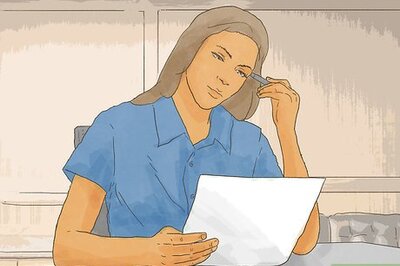
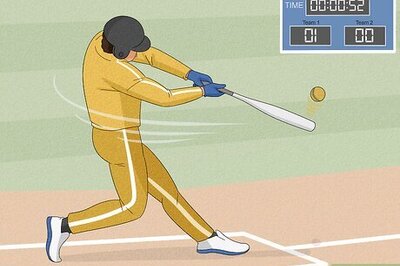


Comments
0 comment